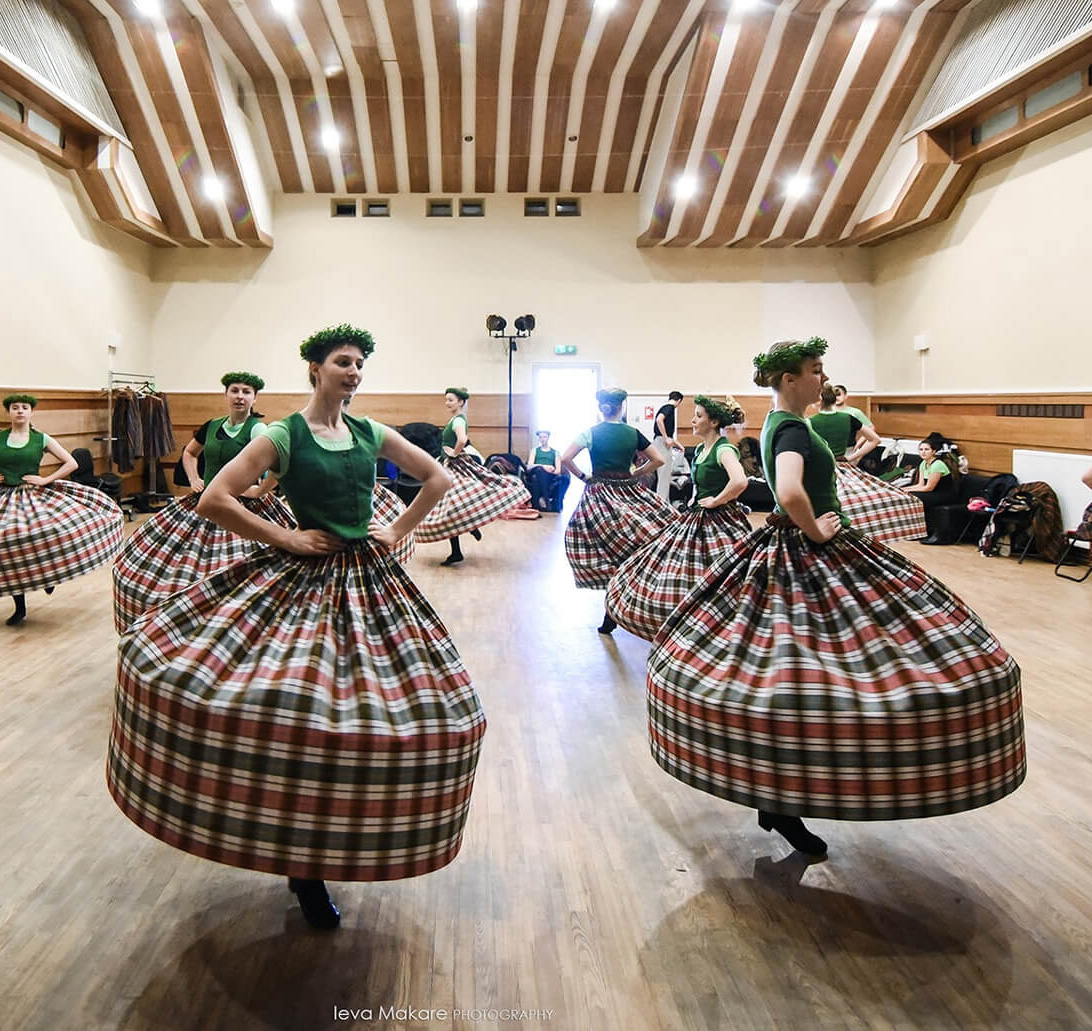Objectives
We have identified the following challenges:
Need 1 – Comprehensive needs analysis: there is a need to capture data regarding the impact of climate change on ICH and best adaptation practices in EU and partner countries in a more systematic and inclusive way.
Need 2 – Methodological approach: there is a need for a methodological approach regarding the safeguarding of intangible cultural heritage at national and European levels.
Need 3 – Practical and innovative training solutions: there is a need to develop and pilot test effective and innovative tools for the enhanced learning of researchers and policy makers in the areas of climate change and intangible cultural heritage.
Need 4 – Increased awareness and policy exchange: there is a need for increased awareness and creation of synergies among cross-sectoral researchers, practitioners, policy makers and citizens in order to exchange knowledge and discuss measures for the management, conservation and protection of intangible heritage in the face of climate change.
Need 5 – Policy change: policymakers need tools to get involved in designing or adapting policies at national and EU level.

Hence, the objectives of the GreenHeritage are the following:
- O1: Analysing the state of play at national and European levels regarding intangible cultural heritage and current climate change threats.
- O2: Exploring thekey role that immaterial cultural heritage could have in sustainable and climate-resilient development andmapping existing adaptation practices across EU.
- O3: Developing a methodology, policy recommendations and a handbook for the management, preservation and protectionof immaterial cultural heritage in the face of climate change implications.
- O4: Adding the preservation and protection of intangible cultural heritage at the heart of the public debate asp well as the national & EU policy making.
- O5: Empowering awareness and active citizenship regarding environmental issues, sustainability and the importance of preserving tangible cultural heritage along with intangible cultural heritage.
- O6: Developing aculture of sustainability and innovationamong researchers, practitioners and empowering them by providing a set of cutting-edge training resources building on skills intelligence, available in digital and open media.
- O7: Supporting the development and approach of micro-learning and digital based education by promoting effective use of digital learning practices and capabilities.
